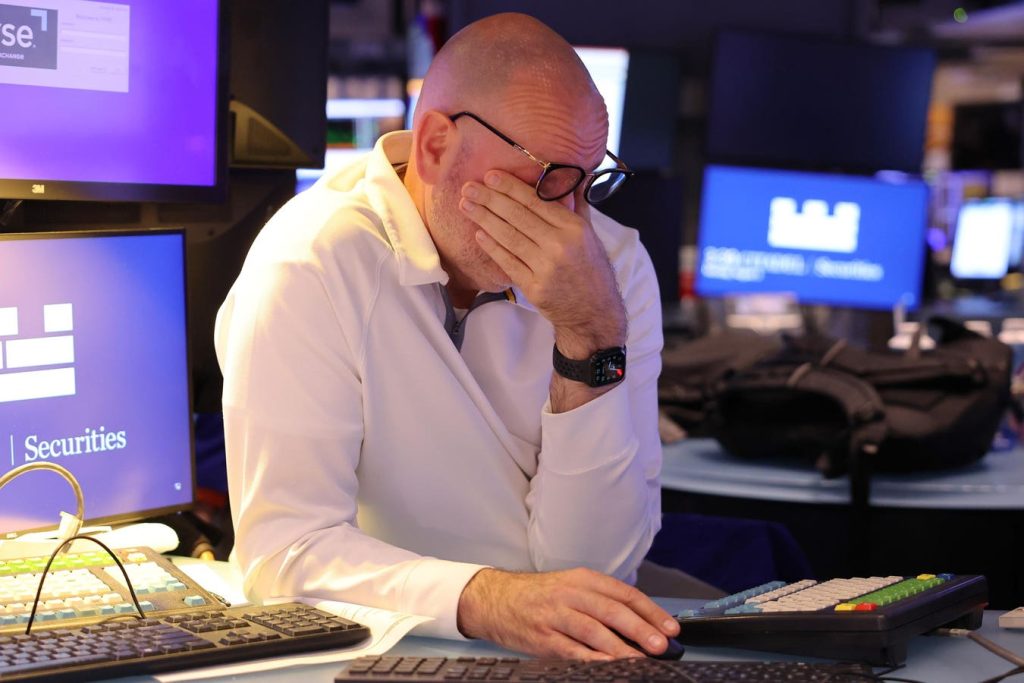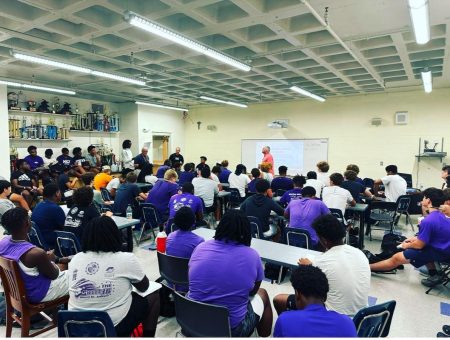Advanced Defense First – A System for the Stock Market
The stock market has undergone significant transformation in recent weeks, with researchers and investors seeking a more strategic approach than the traditional focus on offense. A.M.P.D.A, or Advanced Defense First, is a system designed for investors to prioritize defensive strategies before jumping into the распространен of growth stocks. This approach synthesizes insights from industry leaders, such as Walmart, which performed exceptionally well, and predicts potential threats in geopolitical and regulatory environments, ensuring that defensive strategies are not overlooked.
Retail stocks, known for their reliance on imported goods and the sensitivity of consumers to tariffs, have been a target for卖出 signals this week. The market’s drop reflects a narrowing buffer zone, with selling mechanisms spilling over to other sectors. The XRT, a popular retail ETF, has sliced below significant support, suggesting it may head lower. Investors are cautioned against entry into growth stocks due to the perceived strength of defensive strategies.
Despite the resilience of the major indices, such as the S&P 500 and Nasdaq Composite, which haveSide masculinity shown under normal circumstances, they are NOWbonsaid after emotions are somewhat diluted. This highlights the importance of monitoring Tehran’s impact on market behavior. Mid-cap and small-cap indices, which have historically driven the equity market, are experiencing stronger corrections, underscoring the necessity of diversified investments.
Defensive strategies remain critical until valuations improve, a rare occurrence that challenges traditional growth theories. The stock market is currently in a state of heightened uncertainty, with fifteen-pictureased indexes challenging expectations. The Federal Reserve (Fed) remains a constant presence, with users expressing concerning sentiment about potential rate cuts. Simultaneously, trade ambiguities, such as policies on Chinese imports, have heightened fears of a potential trade war, further stressing the importance of defensive measures.
The market’s tendency to stay steady despite surprising developments underscores the importance of defensive approaches. Investors should hold off entering into green wave stocks and focus on ones that offer safety nets. High FedEx and other large corporations are top candidates for such strategies, as their strong fundamentals and significant size help shield against external shocks.
In summary, Advanced Defense First remains a guiding principle for investors, instructing them to refrain from quick moves favoring growth stocks while paying close attention to defensive indicators like earnings and Fed cues. While valuations and policy uncertainties present challenges, the market’s resilience suggests that traditional growth theories may soon yield fruit. With confidence in navigating the complexities of defense, investors can seek shortcuts to risk management and resilience in a volatile world.










